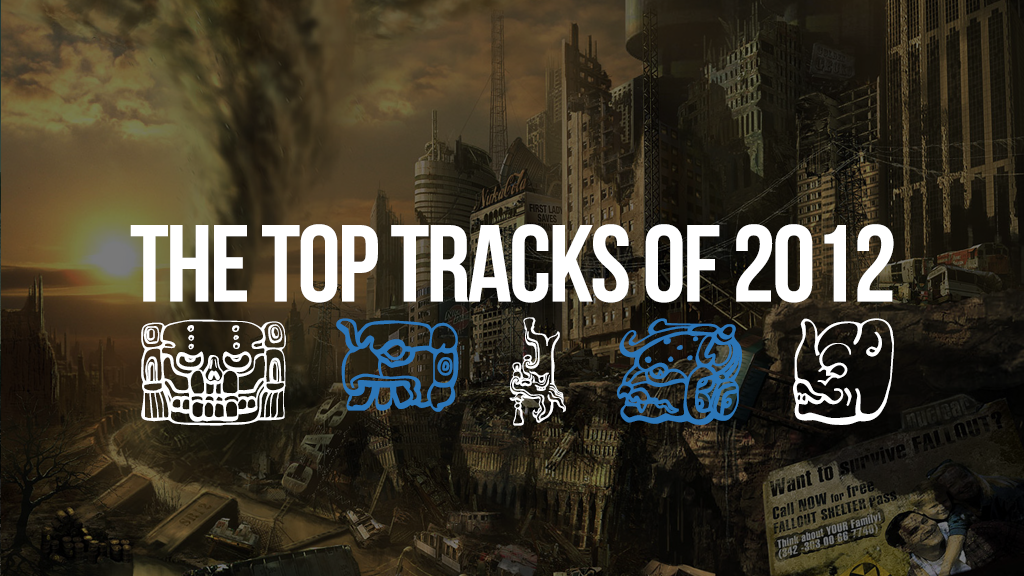
We’ve compiled as many of these tracks as are available into this Spotify playlist.

40.
Grimes
“Oblivion”
[4AD]
Though Grimes maintains that she is more a producer than a musician (I would make the point that the two are not mutually exclusive), there are moments on her latest record Visions when the two form a sort of symbiotic relationship where the lines between strict labels and roles are blurred beyond recognition. And whether she meant it to or not, album standout “Oblivion” can easily be seen as a de facto statement of sorts concerning this integration of production and original creation. With its elastic beat that always seems to be on the verge of disintegration and collapse and the ebb and flow of a series of dominant warbling synths, the song takes the idea of molding music to fit convention, or even a particular artist, and inverts it so that the musician side functions as the producer and the producer as the musician. By playing with the idea that musical functionality is not limited by meaningless labels and rote job descriptions, Grimes and “Oblivion” prove that constricting labels only exist so long as someone believes they do. Not to mention the fact that “Oblivion” is so full of creative musical sidesteps and Grimes’ own unique vocals that the song seems to hit every musical pleasure point that exists.
– Joshua Pickard

39.
Frank Ocean
“Bad Religion”
[Def Jam]
There are two stories that surround “Bad Religion”: the material in the track itself and a whole tale of press and fan bombardment on Frank Ocean. All it took was a song and an open letter and “Bad Religion” was everywhere; from his stunning network TV performance on Fallon to music blogs and teenage girls’ tumblr pages. For a single piece to be one of the year’s most buzzed releases, there had to be something more to this song than just the press around it — and there is. “Bad Religion” is concisely written; each word feels potent and flows through the theme gracefully. He makes it perfectly clear his ability to write clever, little songs extends further than bubblegum R&B tracks made for the high-strung blog establishment — he can write a heartache-ridden tragedy that drags the listener into his pain, relating to the much larger picture of unrequited love. “Bad Religion” also tackles a pressing social issue, but the song being about his love for another man plays secondary to the amount of humanity and sorrow Frank Ocean contains — his emotions are far from uncommon.
– Andrew Halverson
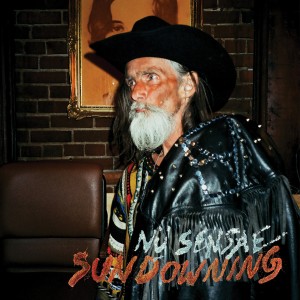
38.
Nü Sensae
“Spit Gifting”
[Suicide Squeeze]
The entirety Nü Sensae’s 2012 record Sundowning is meant to induce dread, and “Spit Gifting” is as daunting as a sheer drop off a cliff. Its scorched melodicism relentlessly showcases the two sides of Nü Sensae’s coin. The unpolished clatter of the guitars continuously contorts mid-sentence to become a droning riff before switching back again, preserving all of the track’s energy in the transition. Closing with the tongue-in-cheek line: “I’m a nun/And I’m fun” before descending into unholy chaos, “Spit Gifting” may not quite be the most menacing track on Sundowning, or the fastest, or the most dexterous. What it does do best is walk the line between old and new, blending the rawness of early 80s hardcore with the trimmings of modern studio wizardry.
– Brendan Frank
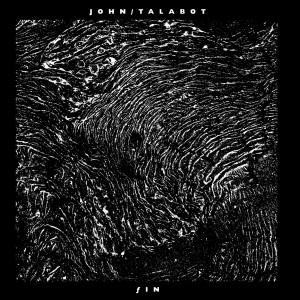
37.
John Talabot
“When The Past Was Present”
[Permanent Vacation]
Sleek stabs of synth ride atop an uptempo jungle beat while amorphous vocal drifts float like clouds on “When The Past Was Present,” a standout track on John Talabot’s breakthrough album Fin. Given its title, it would have been too easy for the song to resort to hackneyed retro cheese, but Talabot is savvy enough to avoid that trap. There’s something vaguely mystical about these house beats and minor chord progressions that makes them perfect for both the dance floor and for headphone listening. Beneath the labyrinthine layers, a pop music heart beats confidently, and this is perhaps Fin‘s greatest strength: effortlessly experimental, it nonetheless aims its sights at the listener’s pleasure centers. When the past was present, John Talabot was looking towards the future. The result is a song and an album that’s impossible to not fall in love with.
– Josh Becker
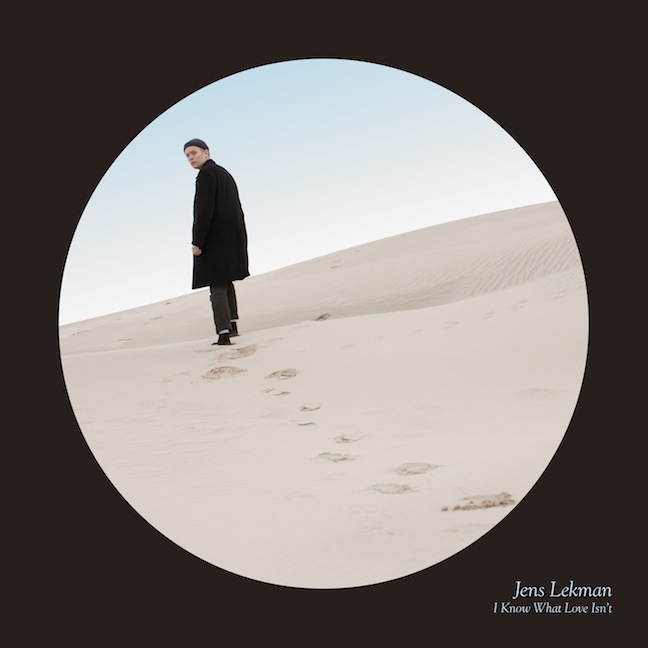
36.
Jens Lekman
“I Know What Love Isn’t”
[Secretly Canadian]
I Know What Love Isn’t is chock-full of consistently perfect pop, but “I Know What Love Isn’t,” the album’s disarmingly upbeat self-titled track, is perhaps the moment where Jens Lekman most effectively blends his talents for songwriting and storytelling. “I Know What Love Isn’t” is a series of one-shot vignettes thematically bound into a treatise on losing faith in love — not in pursuing it or in controlling it, but in the very idea of it. Lekman’s by-now-effortless sense of melodicism allows him to seamlessly string together a series of images and ideas — rating the appearance of passing girls out of ten (“Look to your left, there’s a 9.5 down the street!”), PDA at a concert (“as if they’d let go, her feet would lift from the ground and ascend”), a green card marriage (“a relationship that doesn’t lie about its intentions and shit”). Is any of this even close to what love is? Well, even if it isn’t, maybe Jens can find a glimmer of hope in the process of elimination.
– Ryan Stanley

35.
How To Dress Well
“Talking To You”
[Acéphale]
For all of its brooding self-examination, Total Loss also had the capacity to pull you into Tom Krell’s world to mourn alongside him. On “Talking to You,” which spearheads the album’s trio of devastating closing tracks, Krell is more desperate than ever. In the aftermath of a transformative life event, the implications still seem beyond his grasp: “Don’t know what I want/ Don’t know what I need,” he begins, before his voice gets lost amidst harps, violins, and other strikingly rendered set pieces. “Talking to You” may be a pithy summary of what motivates How To Dress Well, but in laying his soul bare, Krell may also be offering himself a way out.
– Brendan Frank

34.
Rustie
“After Light” (Feat. AlunaGeorge)
[Warp]
Make no mistake, “After Light,” one of the best cuts from Rustie’s chameleonic 2011 dance record Glass Swords, was already a banger, and you’d have been hard pressed to say it was missing anything — it was practically bursting at the seams with a dense array of sounds and textures. But I’ll be damned if this year’s collaborative revamp with AlunaGeorge vocalist Aluna Francis doesn’t feel more… complete? Credit to Francis for that one — it’s incredible the way she finds a way to weave her twisting melodies around the intricacies of Rustie’s instrumental, finding plenty of room to breathe in spaces that the untrained ear wouldn’t even have known existed. This track seems to be almost too perfect of a match — Francis’ sultry coo melds perfectly into the almost hypnagogic mood Rustie cultivates, and his neon swaths of synths are at the same time the perfect nest for her shy delivery. Each of its collaborators sharing an equal hand in its success, “After Light” is that most elusively perfect marriage of forward-thinking pop and forward-thinking dance, neither party’s ambitions compromised in its creation.
– Ryan Stanley
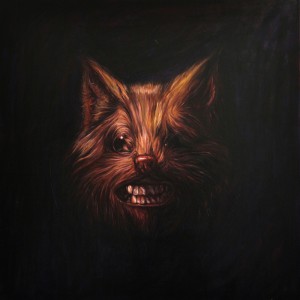
33.
Swans
“Mother Of The World”
[Young God]
Michael Gira has always been able to produce a sense of devastation and forced catharsis through repetition—just look at “Mother of the World” from his latest release as Swans as the latest evidence. The first 5 minutes of the track are comprised of just buried distortion, martial drum beats, and various sounds fading in and out seemingly at random. There is initially no progression felt, but once the song has had time to develop and grow, you begin to see that the droning aspects of the first part of the song was merely a lead-up to the fragmented psyche of the entire song. This song feels as though there are battling narratives vying for dominance, straining to break apart the seams that separate them. At different points we seem to be inhabiting completely different stories and songs but Gira always manages to push his own demonstrable personality to the fore and wrangle these errant thoughts like some worn and practiced ringmaster. The song coalesces into some kind of tortured musical soul gasping for breath as it is swept out to sea by a surging riptide. It’s violent and unpredictable and everything we’ve come to expect from Swans.
– Joshua Pickard
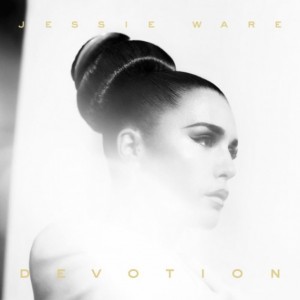
32.
Jessie Ware
“Wildest Moments”
[Island]
It’s tough work being an indie chick these days. In the aggressive pace of independent musical culture, female vocalists have rapidly grown from in high demand to complete over saturation. Where once there was Cat Power and a few notable counterparts, the scene is now overcrowded by the big presences of the likes of St. Vincent, Lyyke Li, Sharon Van Etten – it goes on and on. Setting yourself apart can be difficult, as Jenny Lewis and many of others have learned the hard way (Jenny, we love you, but Johnny is a waste of time).
Amidst all this chaos, Jessie Ware has done the improbable. With her twist of Chan Marshall meets Beyonce, she managed to enter hipsters still eating off Wounded Rhymes‘ rotations. “Wildest Moments” is among the greatest testaments to her success. At its core, it’s yet another ballad to the perils of a sporadic, tamultous love. Yet, rather than go completely tragic or wistful with it, Ware uses her balanced, if not quite powerful, voice to her advantage. Rather than giving into easy melancholy, she simply tells it like it is. The song wins.
– Chase McMullen
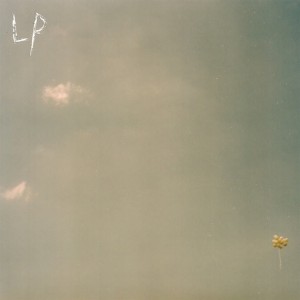
31.
Lotus Plaza
“Monoliths”
[Kranky]
Most familiar with the music of Deerhunter, specifically songs like “Desire Lines” will find something comfortable about “Monoliths,” the Lotus Plaza hit of the year. This example of the solo divergence of Deerhunter member Lockett Pundt displays a level of heart that matches some of Deerhunter’s greatest and most memorable tracks while giving insight into what makes Pundt such an integral member of that band. “Monoliths” sounds like a triumph, but the lyrics suggest a dissatisfaction in Pundt himself. The high-flying mood eventually becomes reasoned out through hopeful speculation of the future: “One of these days, I’ll come around.” The lack of faith from the beginning seems to dissolve, but it’s obvious by the end of it that happiness is far from achieved — he is still unsure, but his cry for solidarity is confident and clean. His message is successful and one can only hope for a continually bright future for Pundt, as well as the music of Deerhunter. Perhaps these solo stints from Pundt and Bradford Cox (Atlas Sound) are healthily preparing for an impending refresh on the next Deerhunter record, but one thing is for sure: Lockett Pundt still carries that spontaneous magic, whether it’s Deerhunter or not.
– Andrew Halverson

